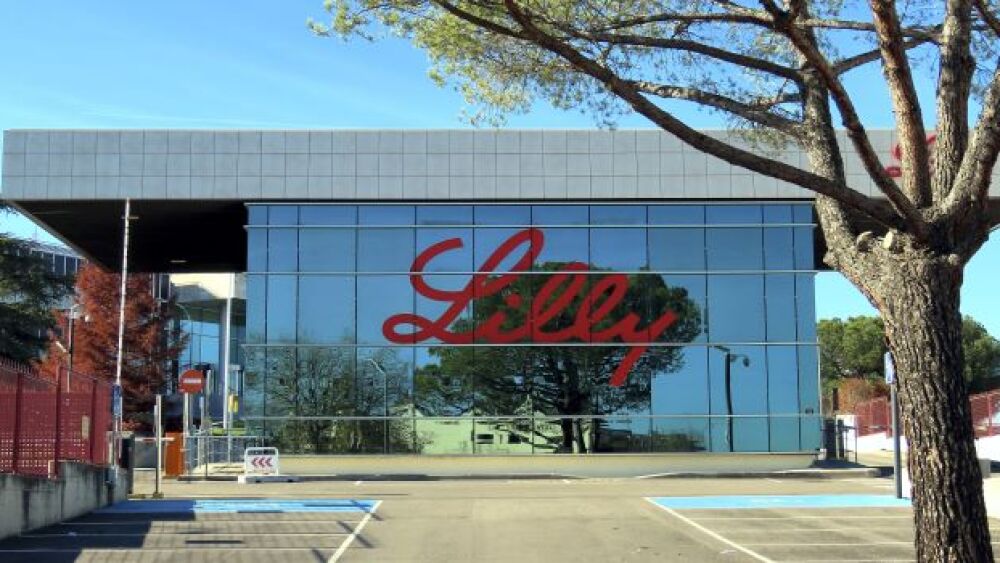Eli Lilly and Boehringer Ingelheim declared another victory Wednesday for Jardiance – this one for children and adolescents with Type 2 Diabetes.
Cristina Arias/Getty Images
In what has been a watershed year for diabetes treatment, Eli Lilly and Boehringer Ingelheim declared another victory Wednesday – this one for children and adolescents with Type 2 Diabetes.
In a Phase III trial, Jardiance (empagliflozin), which pulled in $1.5B in revenue for Lilly last year, met its primary endpoint. The SGLT2 inhibitor led to a statistically significant reduction in HbA1c, a marker of average blood sugar, compared to placebo in kids 10 to 17 with T2D. According to Lilly and Boehringer, Jardiance is the first sodium-glucose co-transporter 2 (SGLT2) inhibitor to achieve this feat.
When given in addition to diet, exercise, metformin and/or insulin, HbA1c was reduced by 0.84% compared with placebo at week 26. The DINAMO trial enrolled 262 children and adolescents, of which 158 were randomly assigned to be treated with Jardiance (10 or 25 mg), Boehringer’s Tradjenta (linagliptin) (5 mg) or placebo once daily.
Tradjenta, an inhibitor of dipeptidyl peptidase-4 (DPP-4), did not achieve statistical significance in reducing HbA1c compared to placebo.
The data were presented Wednesday at the International Diabetes Federation (IDF) World Diabetes Congress 2022.
Principal study investigator Lori Laffel, M.D., chief of the pediatric, adolescent, and young adult section at the Joslin Diabetes Center and professor of pediatrics at Harvard Medical School, pointed to the importance of early intervention for T2D patients.
“These findings are particularly important given the need for more therapeutic options, especially oral agents, to manage type 2 diabetes in young people as, to date, metformin is the only globally available oral treatment for youth,” Laffel said in a statement.
In a secondary endpoint, Jardiance also reduced fasting plasma glucose. The overall safety data was “generally consistent with previous findings in adults with type 2 diabetes,” according to the press release.
Upward Momentum
The diabetes space has seen upward momentum of late, with the historic approval last month of Provention Bio’s intravenous antibody TZIELD ((teplizumab-mzwv) to delay stage 3, Type 1 Diabetes. TZIELD is the first disease-modifying drug indicated to slow disease progression.
It’s been an upbeat year for the Jardiance franchise as well. In November, Jardiance met the primary endpoint in the III EMPA-KIDNEY study, lowering the risk of kidney disease progression or cardiovascular death by 28%.
Lilly and Boehringer called it “the largest and broadest trial studying an SGLT2 inhibitor in chronic kidney disease.” The data positioned Jardiance to compete with AstraZeneca’s Farxiga, the current leader in the CKD space.
And in June, Lilly and Boehringer presented data from a real-world study showing Jardiance decreased risk of hospitalization for heart failure by 50% in adults with T2D versus DPP-4 inhibitors. Against glucagon-like peptide 1 (GLP-1) receptor agonists, this number was 30%.
Jardiance is approved to reduce the risk of cardiovascular (CV) death and hospitalization for heart failure in adults with heart failure when the heart can’t pump enough blood to the rest of the body. It is also intended to reduce the risk of CV death in adults with type 2 diabetes who also have known cardiovascular disease and to lower blood sugar, along with diet and exercise, in adults with T2D.






